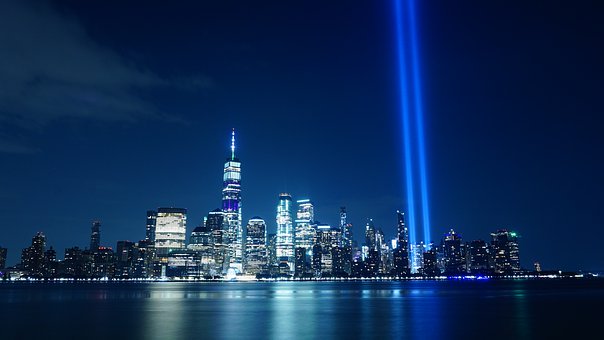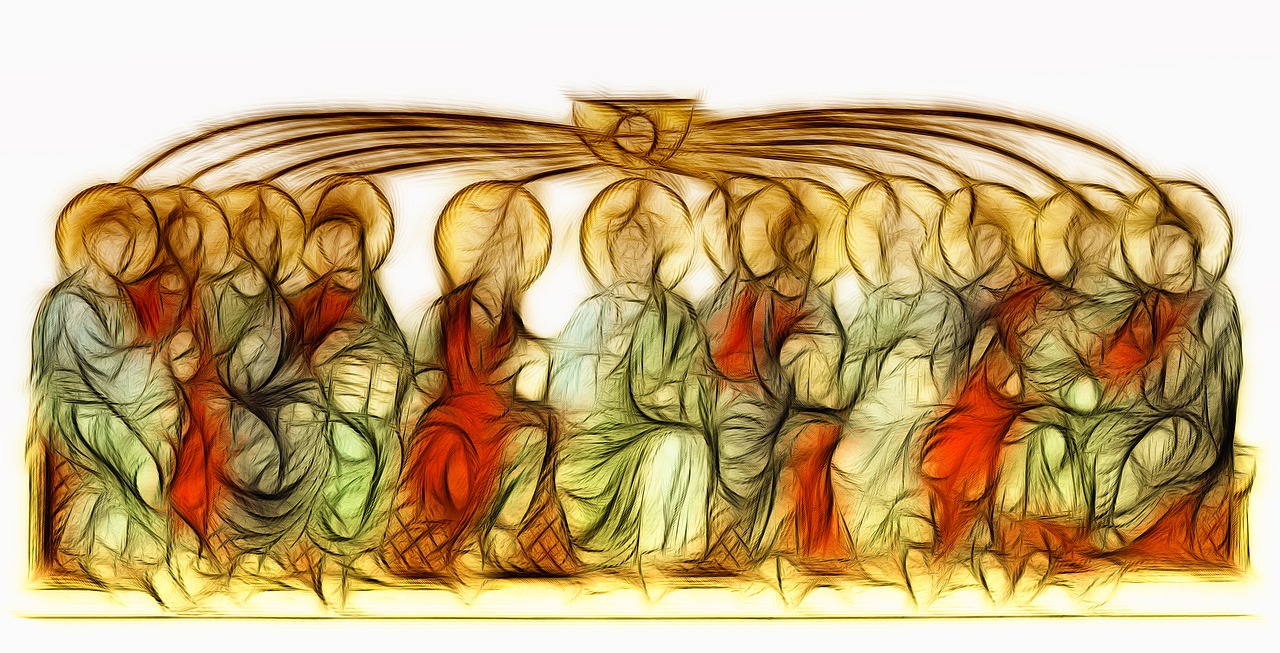When I hear today’s Gospel reading, I think about my dad. When he was alive, he was a guy who seemed to know everyone. Anywhere we went, he’d find someone he knew, even if we were away on vacation! But Dad wouldn’t just know their names, he’d also know something about them. He would know their talents, stuff they were good at; he’d also sometimes know if they were going through some kind of difficulty or hard time. But most often, he always was able to see what was good in them.
That’s the kind of thing I think Jesus wants us to do in our Gospel reading. He wants us to know each other as brothers and sisters, instead of seeing everyone’s faults and sins and downfalls. Because we all have faults and sins and downfalls! And if we focus on those things, we’ll never be the children of God we were created to be, and we will never have peace. Jesus uses the hyperbole of seeing a splinter in the other person’s eye but missing the wooden beam in our own. We all have sins and downfalls, but we all have grace and blessing. We’ve got to look for the grace and blessing, look for the best in people, because that’s what makes us children of God; that’s what unites us as sisters and brothers.
Nineteen years ago today, right around this time in the morning, I was in my room in seminary. That was the day I witnessed, on television, the horrible events that we now call the 9-11 tragedy. I will never forget that horrible moment. Over the course of the following days, we came to know that over three thousand people died that day, including many police and fire fighters. And our world has changed a lot ever since: there is more security when you get on an airplane, more security everywhere, it seems. And if we would listen to what Jesus is telling us today, maybe things like this wouldn’t have to happen.
Sadly, the root of all of the tragedies like this, is that we don’t see each other as brothers and sisters. Because if we did, we wouldn’t have terrorism, or racism, or crime in our streets, or any of the many sad things we hear about in the news each day. We have to learn to take the wooden beams out of our eyes so that we can see each other as brothers and sisters. Only then will we become everything that God intends for us.
Today on this nineteenth anniversary of the 9-11 tragedy, we should do a lot of things. We should study what happened that day so that we understand the issues and continue to work to change our world for the better. We should remember those who gave their lives that day, especially those who tried to help the victims, and we should pray for ourselves and all people that we can become peaceful people who love the Lord and see each other as brothers and sisters, without all those splinters or beams in our eyes.



You must be logged in to post a comment.